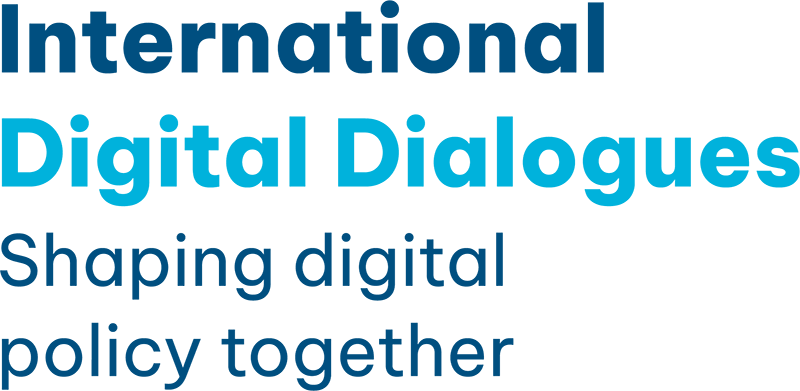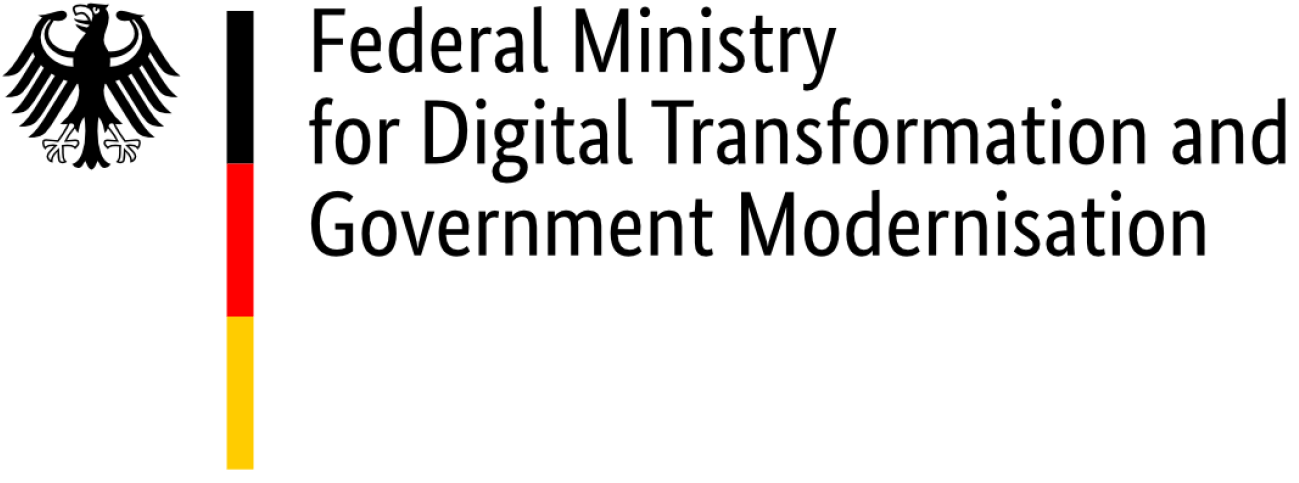Webinar: Simplifying cybersecurity - Practical guide for MPEs
Brazil

Increasing digitalisation has brought cybersecurity to the forefront of companies' and governments' concerns. Micro and small enterprises (MPEs) are especially vulnerable due to low digital literacy and limited resources. For an inclusive digital transformation, it is essential to protect MPEs, promote digital trust and harmonise cybersecurity standards internationally.
During the webinar, the discussion addressed the main challenges faced by companies regarding cybersecurity, focusing on the current landscape in Brazil. The participants also discussed best practices to strengthen protection in MPEs and improve the management of cybersecurity incidents.
The event was live streamed on the International Digital Dialogues YouTube channel, and you can follow the whole discussion below.
Current cybersecurity situation in Brazil
Daniel Marques, director for innovation and IT at Tupy and representative of B20, opened the sessions. He presented the three main recommendations of the digital transformation task force of B20: digital inclusion, responsible use of advanced technologies, such as AI, and cyber protection, emphasising cooperation as a key element to prevent cyber-attacks.
Rodrigo Pastl, manager for project monitoring and control at the National Industry Confederation (CNI) pointed out that many small companies lack sufficient digital literacy, which makes them more vulnerable to social engineering scams, such as phishing. Additionally, a false perception of security, combined with a lack of investment in digital protection, exposes all types of companies to cyber-security threats. But as the past has demonstrated, hackers often use small businesses as entry points to gain access to larger ones.
Tips for strengthening MPEs’ cybersecurity
Cíntia Araújo, project manager at Bid Web Security, showed that simple practices can prevent a lot of incidents, such as using unique and secure passwords, properly disposing of documents and raising awareness about phishing and online scams. Before adopting advanced digital tools, she stressed that training employees and implementing secure processes are fundamental measures.
Marco Lagoa, CEO at Witec IT Solutions and representative from Startup20, also mentioned good practices, such as two-factor authentication, careful management of credentials and regular backups, even if a cloud system is used. He highlighted the importance of mapping risks and guaranteeing robust layers of security to prevent failures and cyber-attacks.
Finally, Mateus Simões Freitas, manager for professional and higher education at the National Service for Industrial Training (SENAI) stated that it is essential to start with the improvement of digital literacy between employees. Regarding implementing emerging technologies, including artificial intelligence systems, he believes that professional training should focus on cybersecurity and the importance of secure data structuring.
Considering the topic’s relevance, the Secretariat will continue its series of initiatives aimed at promoting a more secure cyber ecosystem in both Brazil and Germany. The next event of the series, set to take place in the last trimester of 2024, will focus on the critical role of international cooperation and multistakeholder partnerships in strengthening the resilience of businesses and other organisations within the digital landscape.
More interesting news

Brazil
Brazilian technical mission to Brussels: Advancing EU-Brazil alignment on digital regulation
In November 2025, the Secretariat for the Digital Dialogues in Brazil facilitated an institutional mission of the Brazilian Ministry for Development, Industry and Commerce (MDIC) in Brussels. It was a week filled with meetings with members of the European Parliament and regulatory bodies such as the AI Office and DG CONNECT, as well as discussions on the EU’s digital legislation.

Brazil
International dialogue about innovation and regulation in digital health
On 7 November, the Global Digital Health Services Network hosted the HCFMUSP Health Hackathon in Brazil. It brought together experts on digital health from Nigeria, Kazakhstan, Tanzania, Colombia, Bolivia, Nepal, Germany and Brazil. The Secretariat for the Brazilian-German Digital Dialogue facilitated a panel discussion during the event. Experts discussed how new technologies can advance healthcare and what is needed for a practical implementation.
Read more … International dialogue about innovation and regulation in digital health

Brazil
Visit by the German Engineering Federation to Brazil: Shaping better conditions for bilateral cooperation
A delegation of the German Engineering Federation (Verband Deutscher Maschinen- und Anlagenbau e.V., VDMA) visited Brazil in November. They strengthened the dialogue with the Brazilian industry and identified new opportunities for cooperation between Brazilian and European companies.
Newsletter
Stay informed! To subscribe to the Digital Dialogues newsletter, enter your e-mail address here. Please also refer to our privacy notice.


